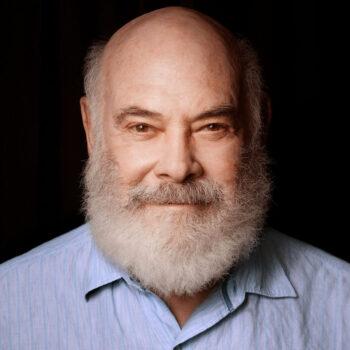Statistics on mental health paint a dire picture, with self-reported and diagnosed depression and anxiety on the rise post-pandemic.

Dr. Andrew Weil. Kevin Abosch

Statistics on mental health paint a dire picture, with self-reported and diagnosed depression and anxiety on the rise post-pandemic.
